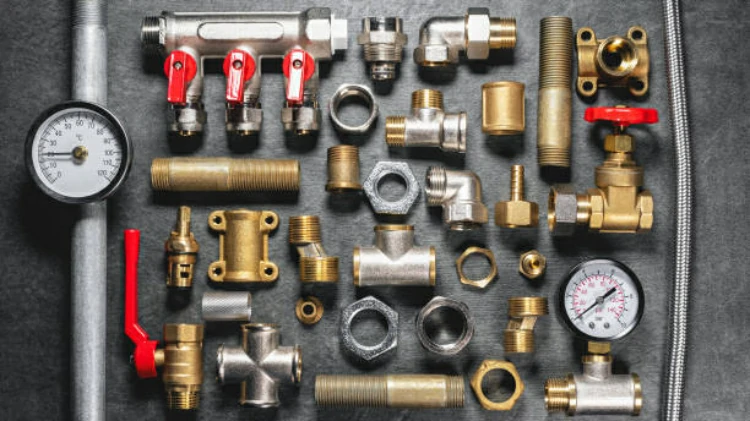Introduction:
Corrosion resistance is crucial when choosing valves, particularly in environments with corrosive substances. Brass ball valves, renowned for durability and versatility, provide differing levels of corrosion resistance based on factors like alloy composition and environment. This article explores brass ball valves’ corrosion resistance and its impact on performance in diverse settings.
Corrosion Mechanisms and Factors
1.1 Understanding Corrosion Corrosion is the gradual deterioration of metal due to chemical or electrochemical reactions with its surrounding environment. Factors such as moisture, oxygen, pH levels, temperature, and exposure to corrosive substances can accelerate the corrosion process.
1.2 Corrosion Types Brass ball valves may experience different types of corrosion, including general corrosion, pitting corrosion, crevice corrosion, and galvanic corrosion. Each type of corrosion presents unique challenges and requires specific preventive measures to mitigate its effects.
1.3 Alloy Composition The corrosion resistance of brass ball valve depends largely on their alloy composition. Brass alloys containing higher copper content generally offer better corrosion resistance than those with lower copper content. Additionally, the presence of alloying elements such as zinc, lead, and tin can influence the valve’s resistance to corrosion.
Corrosion Resistance of Brass Ball Valves
2.1 Natural Protective Layer Over time, brass ball valve develop a natural oxide layer on their surface, serving as a protective barrier against corrosion. Comprised mainly of copper oxide and copper carbonate, this layer impedes further oxidation and deterioration of the metal beneath.
2.2 Chemical Resistance Brass ball valves resist various chemicals, like water, air, steam, oils, and non-oxidizing acids. Yet, extended exposure to aggressive chemicals or environments with chlorides, sulfides, or acids may cause localized corrosion or tarnishing on the valve surface.
2.3 Environmental Considerations The corrosion resistance of brass ball valve can be affected by environmental factors such as humidity, temperature fluctuations, pollution levels, and exposure to saltwater or industrial emissions. Proper installation, maintenance, and protective coatings can help enhance the valve’s resistance to corrosion in challenging environments.
Maintenance and Protection Strategies
3.1 Regular Inspection and Cleaning Routine inspection and cleaning of brass ball valve are essential for identifying and removing any corrosion or buildup that may compromise their performance. Use mild detergent, water, and non-abrasive cleaning tools to gently remove dirt, debris, and corrosion products from the valve surface.
3.2 Protective Coatings and Treatments Applying protective coatings or treatments to brass ball valves can boost their corrosion resistance and extend their lifespan. Coatings like epoxy, polymer, or ceramic variants add an extra protective layer against corrosion, abrasion, and chemical exposure.
3.3 Proper Storage and Handling Store brass ball valves in a clean, dry environment away from corrosive gases, moisture, and direct sunlight. Use protective covers or packaging to shield the valves from dust, dirt, and physical damage during storage and transportation.
Conclusion:
The corrosion resistance of brass ball valves plays a crucial role in their performance and longevity in various applications. By understanding the factors influencing corrosion, selecting the appropriate alloy composition, implementing preventive maintenance practices, and applying protective coatings, you can ensure that brass ball valves remain resistant to corrosion and provide reliable flow control for years to come.
IFAN es un fabricante chino de tuberías, accesorios y válvulas de plástico con 30 años de experiencia. Si está interesado en IFAN accesorios de cobre, válvulas de cobre, tuberías y accesorios de plástico, póngase en contacto con nosotros. IFAN le ofrece una variedad de tuberías estándar para satisfacer sus necesidades específicas. Haga clic a continuación para obtener más información sobre la amplia gama de productos de válvulas y productos relacionados con sistemas de tuberías asequibles y rentables de IFAN.
Responderemos a su correo electrónico o fax en 24 horas.
Puede llamarnos en cualquier momento si tiene alguna duda sobre nuestra producción.
Para más información, visite nuestra página web https://ifanpro.com/
Pls Mailto: [email protected]
Whatsapp: + 86 19857948982














Comentarios recientes